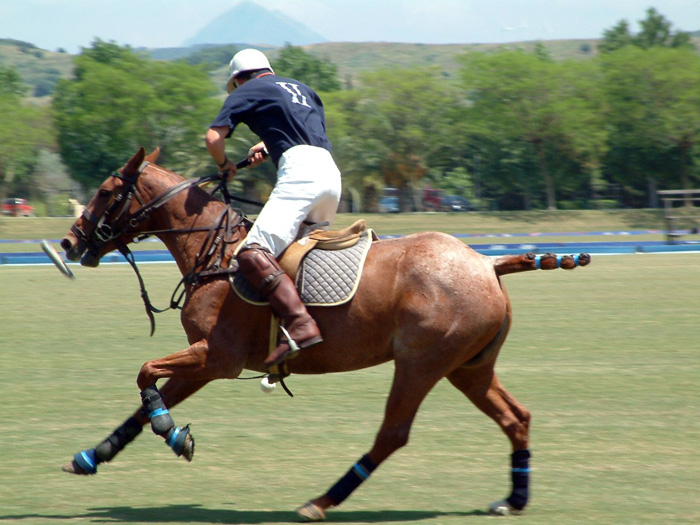Polo was on the Olympic program five times, in 1900, 1908, 1920, 1924 and 1936. In the final game played at the Olympic level in 1936, Argentina won gold in front of a crowd of 45,000 people.
Results
The best all-time performing polo player at the Olympic Games is British rider John Wodehouse who won a silver in 1908 and gold in 1920. See more on the Greatest Polo Competitors at the Olympics.
1900
In the final, Final Foxhunters beat Rugby 3-1
- Great Britain / USA (Final Foxhunters)
- Great Britain / USA (Rugby)
- France / Great Britain
- USA / Mexico
1908
All three teams at the 1908 Olympic tournement represented the British Olympic Association, two team from England and the Ireland national team. The team from Roehampton won both games, winning the gold medal, while the other two teams tied for second place, not having played each other to break the tie.
1. Great Britain (Roehampton)
2. Great Britain (Hurlingham Club)
2. Great Britain (Ireland national polo team)
1920
In the final Great Britain defeated Spain 13-11
- Great Britain
- Spain
- United States
- Belgium
 a polo player in action
a polo player in action1924
Argentina won every one of their four games.
- Argentina
- United States
- Great Britain
- Spain
- France
1936
In the final, Argentina beat Great Britain 11-0. In the playoff for 3rd and fourth, Mexico beat Hungary 16-2.
- Argentina
- Great Britain
- Mexico
- Hungry
- Germany
Related Pages
- See the full list of discontinued Olympic Sports
- Equestrian Discontinued Events at the Olymic Games
- Polo at the 1958 Commonwealth Games
- Cycle polo was a demonstration sport at the Olympic Games


 Current Events
Current Events